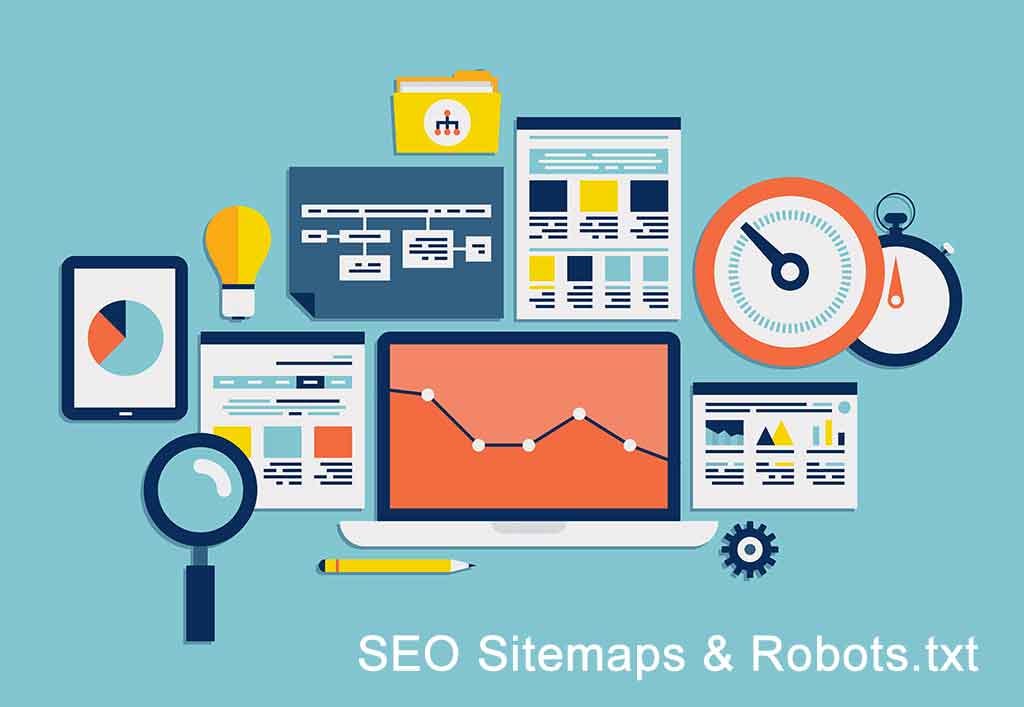In the ever-evolving landscape of SEO, sitemaps and robots.txt files continue to play a pivotal role in optimizing crawler access to your website. These two elements work in synergy to guide search engine bots, enhancing your site’s visibility and ranking.
Understanding Sitemaps and Robots.txt
Sitemaps are XML files that list all the important URLs on your website. They provide a roadmap for search engine bots, telling them which pages to crawl, how often to crawl them, and how they are related to each other. Sitemaps help search engines discover new or updated content, understand the structure and hierarchy of your site, and index your pages more efficiently.
Robots.txt is a text file that you place in the root directory of your website. It contains rules or directives that tell search engine bots which parts of your site they can or cannot access. It’s like a gatekeeper that grants or denies access to certain areas of your site. Robots.txt can help you prevent duplicate content issues, protect sensitive or private information, and save bandwidth and resources.
The Synergy Between Sitemaps and Robots.txt
The synergy between sitemaps and robots.txt files lies in their complementary roles. While sitemaps invite search engine bots to explore the URLs that you want them to crawl and index, robots.txt can restrict them from accessing the URLs that you don’t want them to crawl or index. This combination allows you to have better control over what gets indexed and what doesn’t, improving your SEO quality and relevance.
SEO Trends in 2023
In 2023, Google has made several updates to its core algorithm. These updates have significantly impacted website rankings and search engine results page (SERPs) visibility. Therefore, it’s crucial for webmasters to stay updated with these changes and adapt their SEO strategies accordingly.
Here are some key points about SEO trends in 2023:
First-hand Experience on a Topic
As of December 2022, Google’s popular EAT acronym (Expertise, Authority, Trust) has gotten an additional E: Experience. Google now considers the experience of the author or creator when evaluating the quality of content.
Audience-targeted Content
Businesses whose content strategy is simply going after search traffic with little or no consideration of what users actually want are unlikely to see ranking success in 2023.
Conversational Queries
With the rise of voice search and natural language processing (NLP) technologies, conversational queries have become more prevalent. This trend emphasizes the importance of optimizing your content for natural language and long-tail keywords.
Video Marketing
Video content continues to gain popularity due to its high engagement rates. Therefore, optimizing your video content for SEO can help improve your visibility on search engines.
Reinforcing Your EAT Signals
Google considers a publisher’s expertise, experience, authority, and trustworthiness. Establishing credibility and demonstrating expertise in a particular field can positively influence rankings.
By understanding these trends and effectively using sitemaps and robots.txt files together, you can optimize crawler access to your website and boost your SEO performance in 2023.


